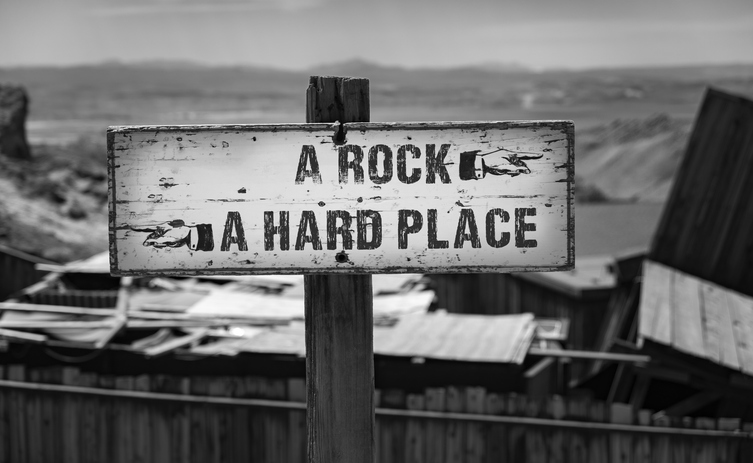I want you to think about a perfect day, workweek wise. You know, Mon-Friday? In a perfect day…
- When are you waking up?
- What are you doing first thing in the morning?
- What are you eating for breakfast?
- What are you listening to on your commute?
- What are the first few activities you’re doing while on the job?
Doesn’t that sound wonderful? Most people I’ve met actually enjoy work and have a pretty good idea of what a good day looks like.
Now that you’ve got this image set, quick question: How many ways can your perfect day get ruined?
- Alarm doesn’t go off
- You spill coffee on your shirt
- There’s a wreck on the way to work and you’ve got to miss your first meeting
- You drop your phone in the parking lot and now there’s a crack on the screen
- Your kids didn’t like the breakfast you made … and they tell you all about it
- Your client drops an emergency on your plate
When our perfect days get ruined, which they inevitably do, do you have a plan to absorb the surprise or change? If you’re like a lot of people, your calendars are so jam packed that everything has to go right in order for “life” to work.
This isn’t an effective strategy. Instead, I’ve got a solution: Try a Plan for Friction.
Friction happens – it’s when two opposing forces rub against each other, such as your perfect day vs everyone and everything.
Here are tips to Plan for Friction:
- Go to bed thinking about a realistic to-do list for the next day (2-3 things that must get done in order for life to be successful).
- Determine a wakeup time that accommodates life … and then subtract 20-30 minutes from it. That way you have some buffer in your morning to take care of you.
- Change your meeting times – make 30 minute meetings 20 minute meetings, and then use the extra 10 minutes to plan for the next agenda item.
- Take a lunch break – this allows you to refocus for the afternoon, or respond to an emergency if one pops up.
- Take 1-2 minute breathing breaks between activities, so you can clear your mind of any mental garbage.
- When something bad happens, apply the three lenses to assess how big of a deal this really is:
- The Wide Lens: In the grand scheme of things, is this really that important?
- The Reverse Lens: If I was a friend talking to me, what would I say to calm me down?
- The Long Lens: Five years from now, how will I feel about this moment.
- When you close out work, make a to-do list for your “next-day self.” That way, when you get to work, you’ve got complete awareness of what needs to be done.
Having a Plan for Friction really means that you’re prepared to handle life’s inevitable curveballs. This allows you to be calm, cool, and collected when you need to be at your best.
Small changes = big impact.
~ The Actual Angie







